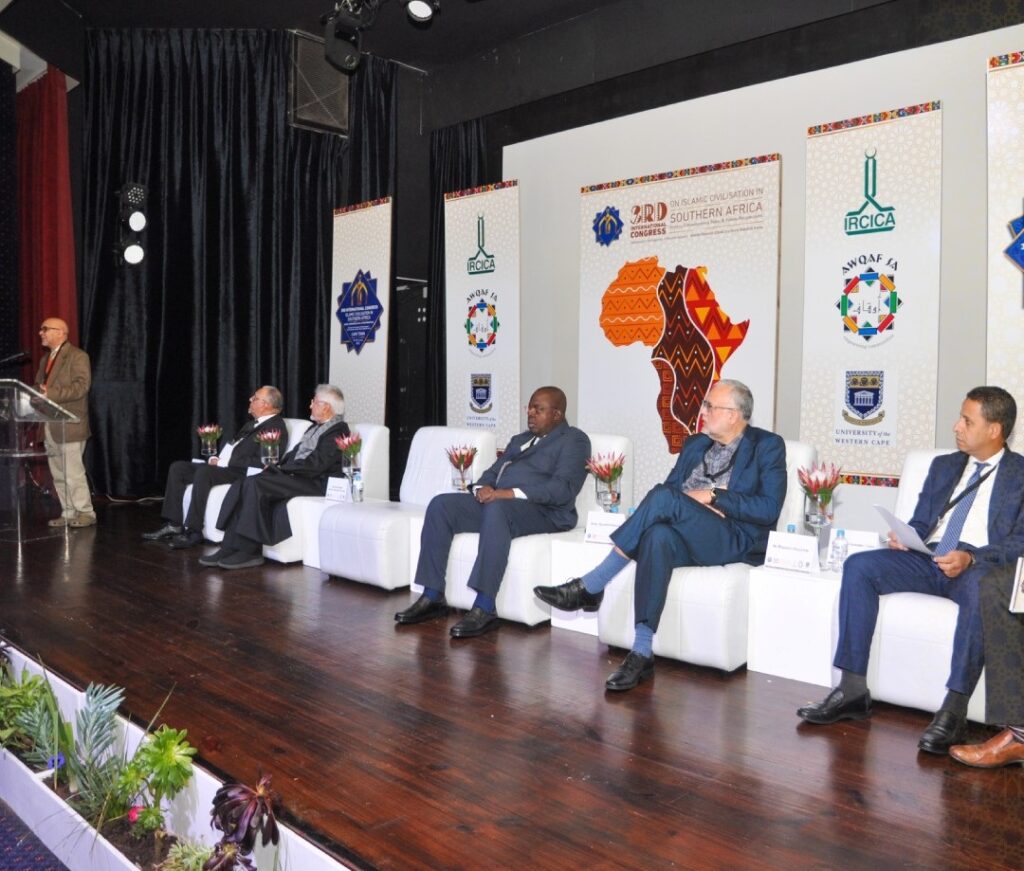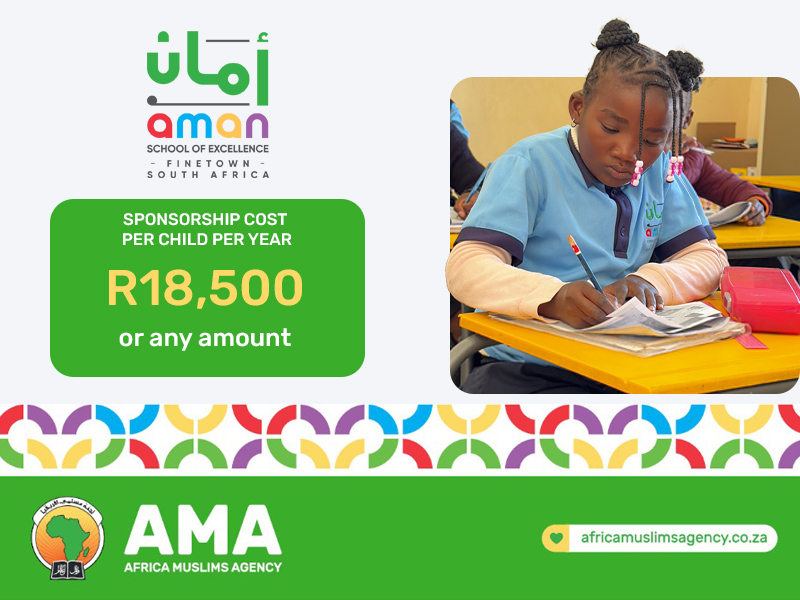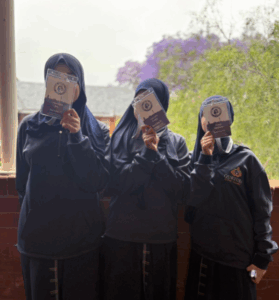
At the recent Awqaf conference, Muslim contribution to the rich tapestry of South Africa was acknowledged, especially in the fight for social justice and in the fields of economic growth, writes an Al-Qalam Reporter.
The history of Muslim civilisation in South Africa has played an integral role in shaping the rich tapestry of the region, thanks to its role in the freedom struggles, as lawmakers, captains of commerce and industry and being part of a diverse society, said Ebrahim Patel, Minister of Trade, Industry and Competition.
The minister was addressing delegates at the 3rd International Congress on Islamic Civilisation in Southern Africa in Cape Town last week. He said Muslims have always been at the forefront of alleviating “poverty and inequality and the injunction to fight for social justice and seeing the opportunity for economic growth and job creation and social development, we use the skills we have been given to shape our future.”
“Muslims are active in creating wealth and driving social development in South Africa – as workers in factories, as managers in firms, as investors in companies, as specialists in medical care, as teachers of young people – and their efforts and successes must be celebrated more actively,” he said.
He added that businesses run by Muslim entrepreneurs are active as manufacturers: in the food, pharmaceutical, car component, steel-making, clothing and footwear sectors among others. “And because I am from the Cape, allow me the indulgence of putting my historical lens on this little piece of the African continent, which, while it does not encompass all of the histories of Muslim Civilisation in the region, certainly covers some of the richest.”
“That history was shaped by the European voyages of discovery and conquest that led to the colonial settlement in the Cape and the occupation of the Asian spice lands, and also the history of the resistance of the people of the islands of what is modern Indonesia – from whence some of those who resisted the Dutch, were sent as political prisoners or exiles to the Cape. This spanned the century and a half and included many persons, from the prisoner reportedly brought to the Cape in 1654 to the exile of Sheikh Yusuf in 1694 and the imprisonment on Robben Island of Abdullah ibn Qadi Abdussalam (Tuan Guru) in 1780.”
“It is also the history of working people – those who were captured from east Africa, Indonesia, the Malabar Coast and West Africa, wrenched from their families and brought to the Cape. They worked the fields and the homes of the settlers as slaves from the first years of the Dutch settlement and they shaped the cuisine and the architecture and the clothing and the colour and texture of the people of the Cape. That history includes their fight for identity and the resistance by enslaved people in the Cape from Indonesia and other parts of Dar al-Islam,” he added.
Patel said they include the Muslim soldiers who fought the British in 1806 in the hope of securing the right to a Masjid and full freedom to practice their religion.
“We can find that history too in the wave of indentured labourers who came from the Indian subcontinent to the sugar-plantations of the British colony of Natal from the 1860s; and the traders who followed, selling goods in the colony and later from the shops of the new metropolis of Johannesburg, adding to the vibrancy of Sophiatown before it was torn down due to the Group Areas Act. And the Zanzibaris who too came as indentured labourers by ship and prayed in a wood and iron structure. And we can find that history among those who bow in prayer in Gugulethu and at Jumuah read the Quran in Arabic and at night read the translation in the isiXhosa version of the Qur’an,” explained Patel.
“We can find that history in the liberation movement that fought for our freedom, in the courage of Imam Haroon, in the years of struggle and exile of Yusuf Dadoo, in the young Yasmin Dangor who became the deputy Secretary General of the African National Congress and who we honour tonight as Jessie Duarte. And also, in the story of those who have shaped our country’s jurisprudence like Ismail Mahomed, the country’s first Chief Justice appointed by President Mandela, and the Muslim businessman who provided the groceries that sustained our current Chief Justice, Ray Zondo and his family while he was studying for his law degree.”
“You will find the history in the members of Cabinet, from the new democracy’s first Justice Minister, Dulla Omar, to the current foreign affairs Minister, Naledi Pandor; and in many parliamentarians, including Mandla Mandela. So, the history of the amaXhosa warriors against colonialism is also our history,” he added.
“It is found in the work of the Da’wah groups, of Sadaqa work, of Awqaf; and because work is charity too, in the work of the woman who sews your shirt or your dress,” said Patel.










